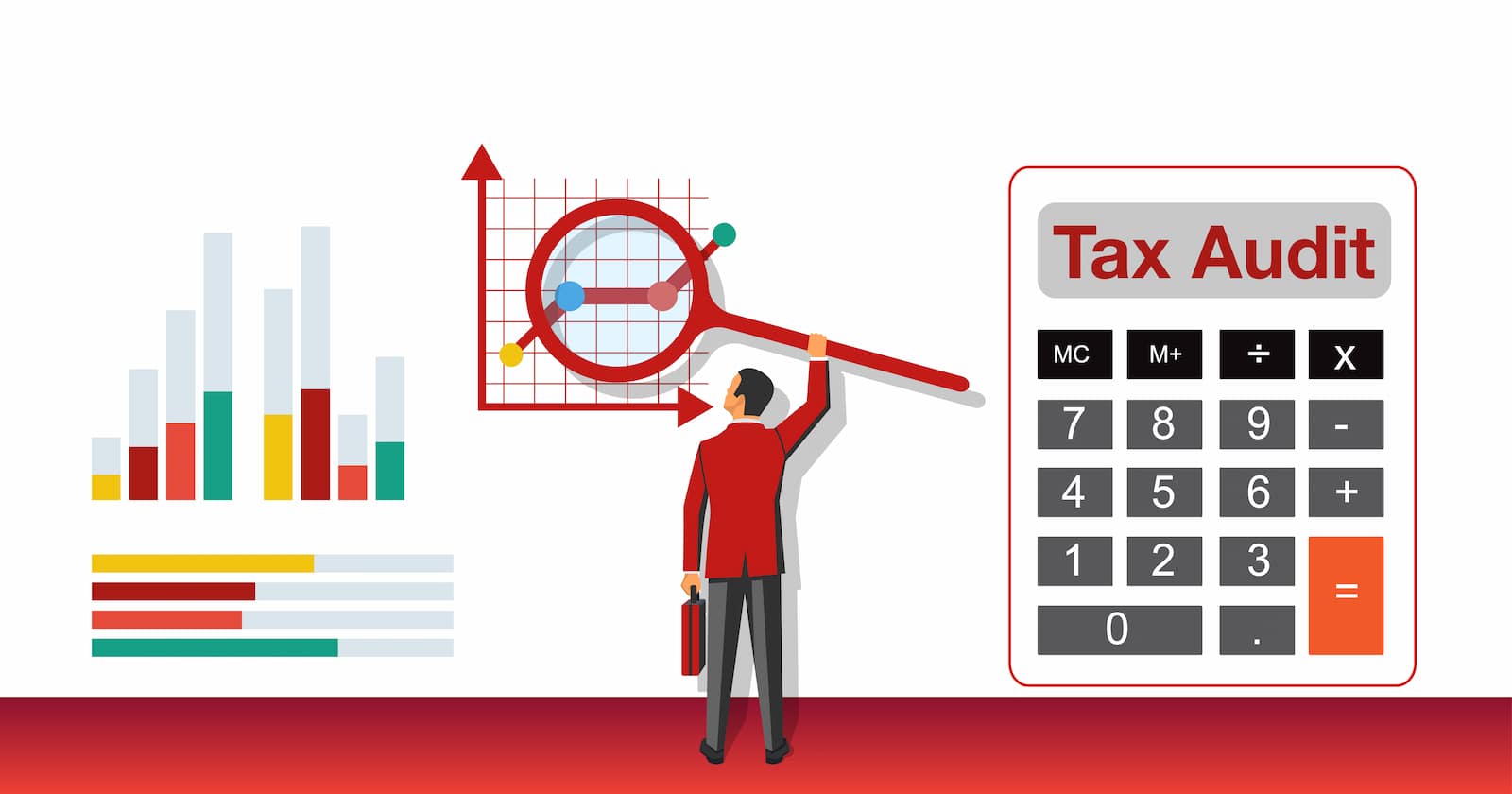![]()
Revenue Assessment

Revenue Assessment, the fundamental objective of a tax audit report concerning transport services, specifically related to the transportation of goods and passengers, is to guarantee the transport service provider’s adherence to tax laws and regulations.
This report serves as a comprehensive and detailed documentation of the financial transactions, records, and activities related to the transportation of goods and passengers.
The key objectives of a tax audit report for transport services include:
1. Verification of Financial Records:
The report aims to verify the accuracy and authenticity of financial records, including income, expenses, receipts, and invoices, to ensure that the correct amount of taxes has been calculated and paid.
2. Detection of Tax Evasion:
The tax audit report helps in detecting any attempts to evade taxes through fraudulent activities, underreporting of income, or manipulation of financial records. This is crucial for maintaining fairness and equity in the tax system.
3. Assessment of Tax Liability:
By thoroughly examining the financial documentation, the report determines the accurate tax liability of the transport service provider. It ensures that taxes are paid in accordance with the applicable tax rates and regulations.
4. Identification of Deductions and Exemptions:
The report helps in identifying legitimate deductions, exemptions, and credits that the transport service provider may be eligible for. This prevents overpayment of taxes and ensures that the provider benefits from the available tax incentives.
5. Compliance with Regulatory Requirements:
Tax audit reports ensure that the transport service provider is adhering to all relevant regulations, reporting requirements, and documentation standards set forth by tax authorities. This helps in maintaining transparency and accountability.
6. Prevention of Tax Avoidance:
The report assists tax authorities in preventing tax avoidance strategies by analyzing the overall business structure and transactions. This is especially important in the transport sector where complex operations can be use to exploit loopholes in tax laws.
FAQs:
To visit: https://www.mca.gov.in/

For further details access our website: https://vibrantfinserv.com